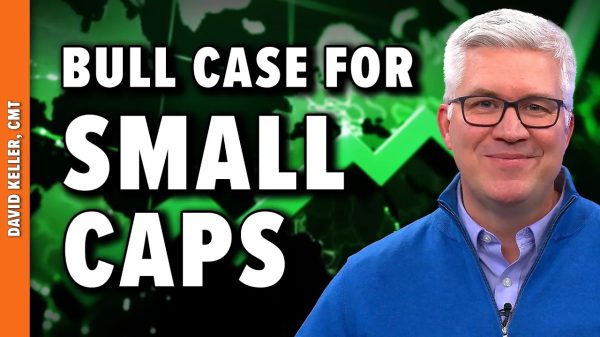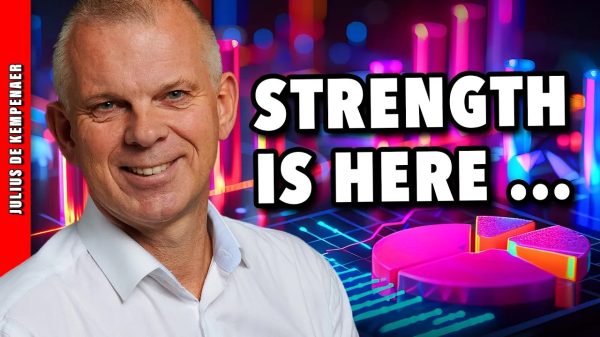With the advent of language artificial intelligence like ChatGPT that are trained on online information, one can find backing for a hypothesis regarding society. General political thought is leftist leaning since the political answers given by the app are left oriented. The victory of self-proclaimed anarchocapitalist Javier Milei in the presidential elections of Argentina seems to be showing a pushback against the progressives, but the same is not happening in the rest of the world—the fire of liberty is still weak.
The global trend of political thought and the libertarian counterrevolution in Argentina invite us to ponder what role learned libertarians should take. The purpose of this article is not to argue in favor of one or another strategy for liberty but to point out a necessary action for deconstructing the statist mythos. The choice of the word “mythos” is not taken lightly; the state apparatus is sustained and perpetuated by propagating myths about its functioning. The search for the “common good” and “national interest” are two of the many myths propagated to expand the state’s influence on society.
Scientism rarely produces results that favor the free market and cooperation; it has always been at the service of the state. The push for a positive balance of exports and imports is a reminiscence of mercantilism that continues to our day, for example. The battle against the state is a battle of ideas, of myth and fallacy against reason. Thus, we must ask ourselves, what is the role of the libertarian in society? Is it only advancing the propagation of libertarian ideas, or is it also deconstructing the myth of the state? These are two different realms: one is to argue in favor of the privatization of certain state services; another is to deconstruct a paradigm that has as a core, foundational myth, the “common good” as the ultimate function of the state. It is possible to convince someone of free market policies without taking away the myth of the “common good” as the state’s goal.
The “common good” is a paradigm of thought in which the one who provides and makes society work is the state. A paradigm in this scenario is a structure and a trend of thought that sees the state as the good guy. It doesn’t necessarily see the market as evil but does not consider it as contributing to society for its sake.
If libertarians desire to advance toward a free society, they should not only argue for specific policies but to overturn this paradigm. Thus, the role of the libertarian in society is a critical one, critical not only of the statist dogma but of “common knowledge.” “Common knowledge” is built within the framework of the statist dogma; if it were not this way, the whole struggle for freedom wouldn’t be necessary. Demystification is the task of the libertarian as a political actor in society. The critique of common knowledge and intuitive notions (as the Austrian School has taught, many truths are counterintuitive) is a path that the intellectual libertarian should take.
The idea of the libertarian as a critique of societal discourse and knowledge seems to go way beyond the usual libertarian way of doing things. The libertarian must realize that the fight against the state is all-encompassing; it is not only specific policies that are to be battled with, but the entire edifice of thought built around the state.
The libertarian, in this particular case, is not only a bringer of liberty but of enlightenment. This may seem to be too much, but the enemy we face is relentless and overwhelming; it does not compromise nor does it leave things untouched. Statism is all around us, and engaging particular public policies is helpful but not enough. A shift of paradigm is needed. It is not the state that helps the people but the market, which is the system of social cooperation that human action coordinates.
Libertarians then are not only a group pushing for particular policies in favor of the free market, they are emancipators, debunkers, and foremost, a critique.
As a critique of the archive of knowledge that has been built on statist grounds, attacking the edifices is not enough; targeting the foundations is necessary. Thus, a new idea of the intellectual libertarian arises—the libertarian comes in the public discourse not only as an ideologue of the free market but as a liberator, taking people out of the statist paradigm in which they have been instructed.
When it comes to history, the call for critical studies has already been made. To engage in revisionism is pivotal, but the libertarian has to take on the state in all fields. It may seem overwhelming, but the goal couldn’t be more noble.























